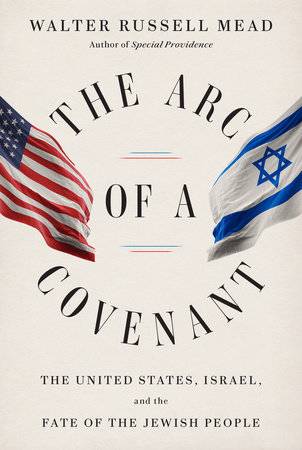 Ivan Krastev and Leonard Benardo in Project Syndicate:
Ivan Krastev and Leonard Benardo in Project Syndicate:
Though it has dragged on for three-quarters of a century, the metaphysics of Israel’s role in the international relations and the centrality of Israel-Palestine conflict in global politics continue to befuddle onlookers. How could this speck of land inspire such emotional intensity and command such outsize influence over US foreign policy?
The Arc of a Covenant, Walter Russell Mead, a celebrated American diplomatic historian who has written widely on foreign policy in the idiom of grand strategy, uses this lacuna as his point of departure. The result of a decade-long project to reinterpret Jewish and Israeli history in the United States, the book offers a broad-tent analysis that smashes cherished conceits and challenges long-held assumptions. Rather than placing all the customary figures at the head of the table, Mead rearranges the chairs to give us a glimpse of something new.
In an earlier book, Special Providence, he established himself as the rarest kind of foreign-policy thinker, playing the part of the responsible iconoclast who seeks to educate Americans about the deeper roots of their foreign policy. There, Mead described four foreign-policy traditions that have at times defined America’s national interest: the Wilsonian, which seeks a world safe for democracy; the Hamiltonian, which prioritizes America’s economic interests; the Jeffersonian, which aims to protect America from the corrupting influences of the outside world; and the Jacksonian, which envisions an America so powerful that it can avoid foreign entanglements and focus on the home front.
More here.
